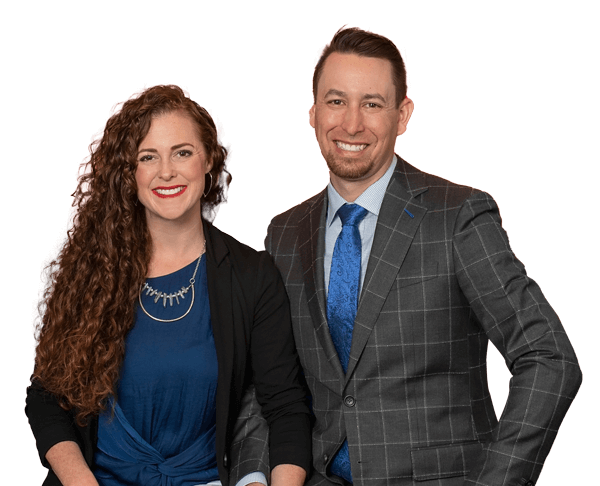
When it comes to personal injury, most of the cases fall under the umbrella of strict liability or negligence. At Meyer Injury Lawyers, we have helped many of our clients recoup their losses in car accidents, which are our most common negligence cases.
In this article, we will talk about what negligence is, what the purpose of these types of cases is, what the most common cases are, and how much can be recovered if you’re claiming a negligence personal injury claim.
When someone is injured, there aren’t only financial and physical repercussions, but oftentimes, the emotional toll is just as significant. So, it’s incredibly important for the injured persons and their families to find the right personal injury lawyer to help them through the process.
According to Cornell Law, the definition of negligence is: A failure to behave with the level of care that someone of ordinary prudence would have exercised under the same circumstances. The behavior usually consists of actions, but can also consist of omissions when there is some duty to act (e.g., a duty to help victims of one’s previous conduct).
Just because a person is injured doesn’t mean there are grounds for a personal injury case. Here are the 4 elements of negligence that you would have to prove occurred in order to justify a claim:
The most comment negligence cases in personal injury court are as follows:
At Meyer Injury Lawyers, our most common cases that fall under negligence include car accidents and slip and fall incidents.
Just like our strict liability cases, personal injury due to negligence cases also has a wide range of recovery. We’ve settled for $250k-$300k for car accident injuries, $300k for a slip and fall accident, and $450k for a pedestrian vs. vehicle accident.
There are many factors that go into how to quantify the damages made in cases like these. It’s not easy to navigate this alone. Meyer Injury Lawyers are known to fight hard for the settlement that our clients deserve.

Attorney Advertising | Prior results do not guarantee a similar outcome. The information on this website is for general information purposes only. Nothing on this site should be taken as legal advice for any individual case or situation. This information is not intended to create, and receipt or viewing does not constitute, an attorney-client relationship. This site is protected by reCAPTCHA and the Google Privacy Policy and Terms of Service apply.